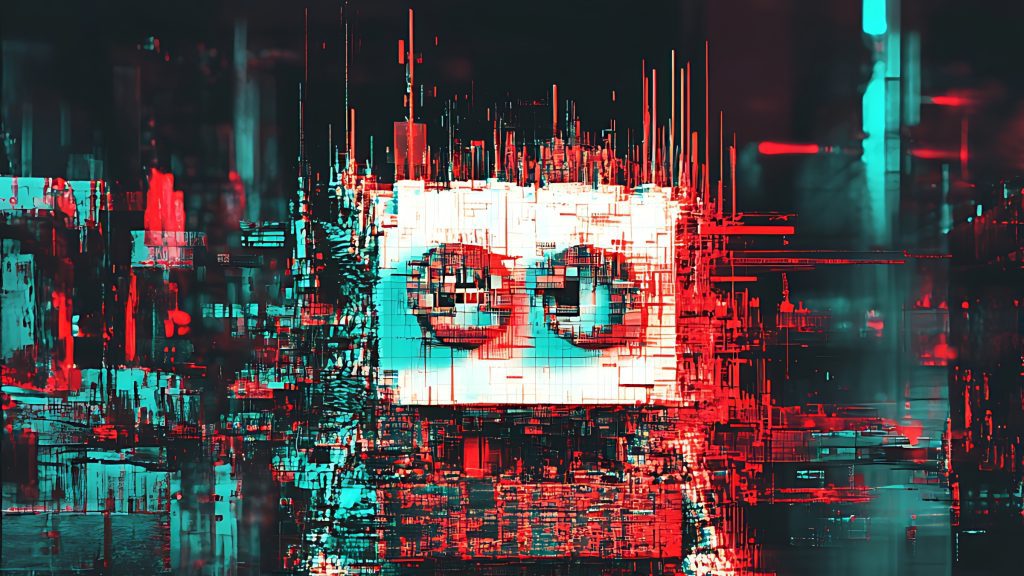
Will AI replace web developers? A question that fills hearts with fear in the chests of skilled developers, and while tools like GitHub Copilot enhance coding tasks, the truth of the matter is that they cannot replace the creativity, and problem-solving, developers have.
Instead, these AI tools are transforming developers’ work by making their skillset more valuable than ever, accentuating the irreplaceable role of human skill in software development, further emphasizing the permanent need for a collaborative environment between AI and developers.
AI Is the Theory and Development of Computer Systems
Generative AI and large language models (LLMs) are transforming software development, and while AI’s already substituting developers in certain fields for minor work, including code generation and repairing, the intangible value of human developers remain a foundational pillar of the tech industry.
AI coding tools like GitHub Copilot demonstrably accelerate development, and according to Microsoft’s 2024 study, a 55% velocity boost across 12,000 projects, showing remarkable expansion of tech ambitions rather than replacing engineers.
In parallel, Gartner’s Q1 2025 survey, 78% of organizations using AI pair-programmers have simultaneously boosted their senior developers’ hiring, as AI lowers barriers to tackling complex systems like quantum computing frameworks.
AI tools like GitHub Copilot demonstrably accelerate development and enable teams to have code written faster, sometimes 55% faster in research, but this doesn’t mean AI replacing developers. Instead, because coding becomes easier with AI, companies are taking on larger and more complicated projects, meaning they need more skilled developers.
Much of this is due to the Jevons paradox, an economic theory that states that as technological advancement increases the efficiency in the use of a resource, it may increase because demand will be higher and at a lower cost. Because it costs less money and time to code with the help of AI tools, demand for code increases.
This, in turn, creates a need for more developers to test, keep up, and re-write the code that’s generated by AI. While AI is very effective in automating repetitive tasks, with large-scale design, deep business context understanding, and complex problem-solving remaining human domains, AI will replace developers for some work but not the creative and strategic work of development.
How Do Current AI Regulations Affect Businesses and Developers?
The AI integration into software development is reforming engineering roles, with junior developers becoming “AI overseers,’ validating AI-generated code, managing training data, and overseeing seamless integration. The change in the structural work of junior work is advancing and creating a different form of beginner skill set for junior developers.
According to GitHub Copilot Developer Survey from 2024, 68% of entry-level developers now spend over half their time reviewing and refining AI outputs, up from just 12% in 2022.
Current ethical considerations in AI development and deployment are also significant. The rapid emergence of AI in development is accompanied by concerns over quality control, security, and maintaining the integrity of software systems. While AI tools can make things more efficient, human supervision is necessary to make sure the code is high-quality.
For companies, the growing application of AI in development is creating doubts about regulation and software project futures. AI and low-code development are compelling organizations to develop more software, more quickly.
The consequence? The demand for more experienced developers to manage the volume of new projects, support current systems, and make sure AI-created code is safe and stable.
Moreover, the demand for developers is continuously on the rise. The US Bureau of Labor Statistics projects a 25% growth in software developer jobs from 2022 through 2032. The answer for businesses is not AI replacing developers but improving their inventors in AI-driven development so they can work efficiently with AI tools while maintaining control of the quality and security of the software.
So, will AI replace developers? In summary, it will be a certain work, but not the demand for human expertise. The need for expert developers will only expand as AI tools improve efficiency and create the demand for more software. AI and the future of software development is not about developers being replaced by AI but about humans and machines collaborating to build better, more secure, and innovative systems.
Inside Telecom provides you with an extensive list of content covering all aspects of the tech industry. Keep an eye on our Intelligent Tech sections to stay informed and up-to-date with our daily articles.